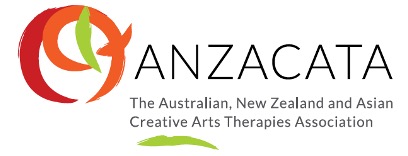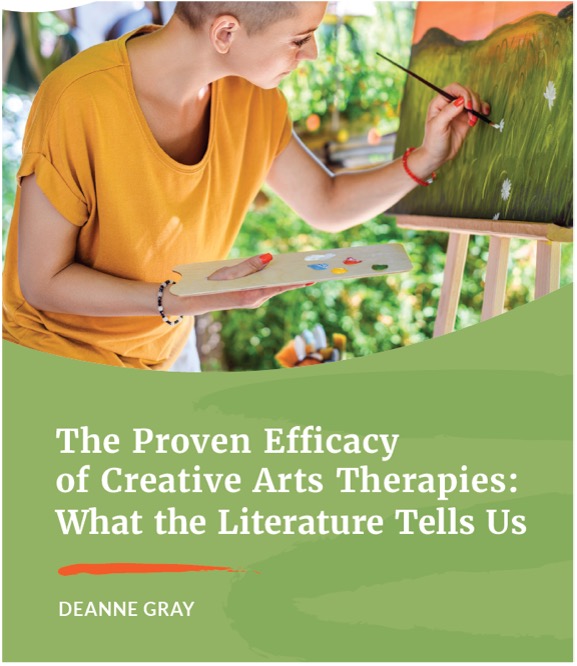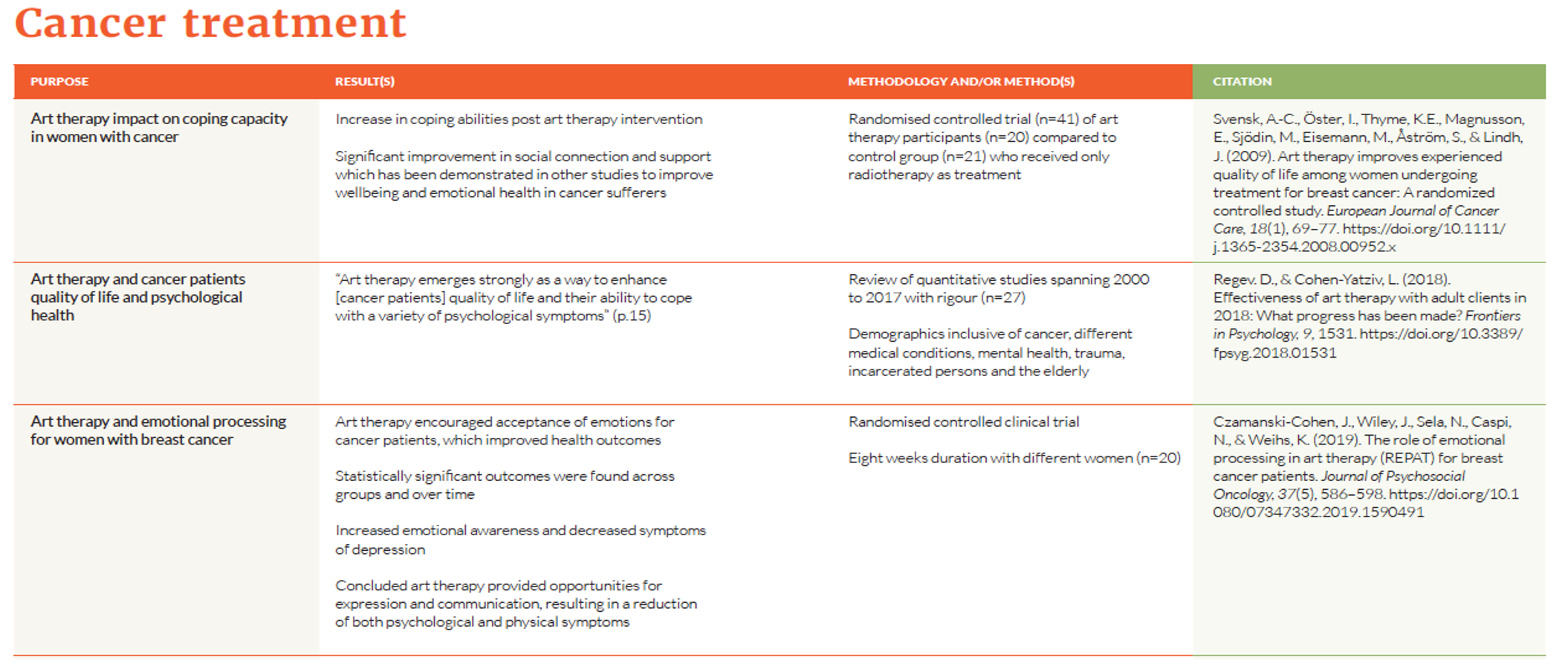June 23, 2023 | Kate Dempsey, PhD, CEO of ANZACATA

ANZACATA is offering this comprehensive report to AATA members for FREE by logging into MyAATA and visiting the Professional Development page. Anyone else can buy an electronic copy to download for a modest amount on the ANZACATA website shop.
We know that art therapy is helpful to so many groups and individuals, but sometimes we need to convinceothers of this truth. Well, now we have a collection all in one place, which demonstrates the power of art therapy to improve lives.
This report, called The Proven Efficacy of Creative Arts Therapies: What the Literature Tells Us was put together by Deanne Gray and brings together over 40 major pieces of peer reviewed research: from systematic reviews of relevant randomised controlled trials, evidence from meta-analysis of relevant randomised controlled trials and evidence developed from systematic reviews from across the world.
The report provides a comprehensive review of up-to-date findings on the efficacy of creative arts therapies for a range of physical health concerns (cancer, cognition and chronic pain), mental health (anxiety, depression, stress and trauma) and studies which support the efficacy of creative arts therapy for children and young people (especially in school environments).

Between 2013 and 2021, several large-scale reports have been produced which demonstrate the usefulness of arts therapy to improve both mental and physical health. These include an entire edition of the peer-reviewed journal, Frontiers in Psychology dedicated to the matter, including a systemic literature review by Hu, et al. cited in the Frontiers in Psychology edition (2021), evidence provided in the largest report of its kind by the World Health Organisation (WHO in 2019) and the Oxford textbook of creative arts, health and wellbeing (2015).

The report is designed in a way that makes it easy to find research evidence for a range of mental and physical health concerns. It is in a table format, noting the purpose of each study listed, the results found by the study, the methods used and finally it provides a citation to be used by the reader for ease of follow up.
The report has been produced by ANZACATA, which is the art therapy association and regulatory body in Australia, New Zealand and Asia. The acronym ANZACATA stands for Australian, New Zealand and Asian Creative Arts Therapy Association. ANZACATA has grown over recent years and now has 1700 members, the majority of whom have a specialised Masters degree in arts therapy. ANZACATA has produced this document for its members to cite in order to help government and funding bodies understand what arts therapy is and to convince that it does have a robust evidence base.

